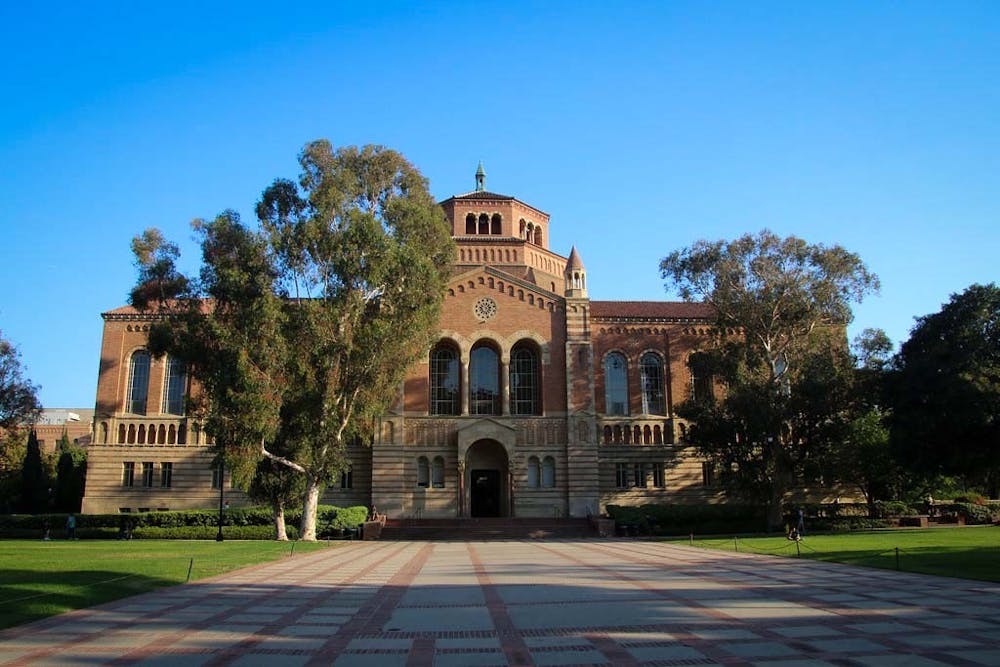
Over 48,000 unionized workers, teaching assistants, and other employees in the University of California system went on strike on Monday to protest for higher wages and better working conditions.
The strike affects the public university system’s 10 campuses — in which 300,000 students are enrolled — according to The New York Times. Many classes were canceled or moved online as a result, and the walkout came just a few weeks before final examinations begin for students. However, the UC system has stated that all its campuses will remain open with continuing operations and instruction.
The strikers are looking for a minimum annual salary of $54,000 and increased child care benefits. The union also accused the university system of “not bargaining in good faith,” according to The Washington Post.
The University of California wrote in a statement responding to the strike that it believes its offers in the negotiations are “generous, responsive to union priorities, and recognize the many valuable contributions of these employees.”
The action is the largest university-based strike in United States history, according to United Automobile Workers, the union representing the UC system workers.
Rafael Jaime, a doctoral candidate at the University of California, Los Angeles and president of UAW’s Local 2865 chapter, told the Times that “we’re the backbone of the university, and I have a hard time seeing how operations are going to be maintained with us on the picket line.”
The strikes come about during a wave of labor activity post-COVID-19 pandemic as the labor market improves, giving workers more leverage for negotiation.
The current economic conditions of low unemployment, high inflation, and increasing layoffs are the perfect conditions for labor activism and strikes to occur, Paula Voos, a professor in the Rutgers School of Management and Labor Relations, told the Times.
According to the Los Angeles Times, the UC workers aim to double their average current salary to address high costs of housing in California. Housing markets in the Bay Area and Los Angeles — as well as smaller cities like Santa Barbara, Santa Cruz, and Irvine — are some of the most expensive in the country. UC graduate student workers reportedly spend more than a third of their income just on housing alone, according to UAW.
UAW is also demanding compensation for public transit, fully funded child care subsidies, and expanded health care for the UC system workers.
The UC system proposed bringing in a neutral, third-party mediator to negotiate wages with the aim of reaching the same wage level as other top universities, such as Harvard University, the Massachusetts Institute of Technology, and University of Southern California, according to the Times.
The UC system wrote in its statement that it “looks forward to continuing negotiations with the UAW and settling these contracts as quickly as possible.”
The Daily Pennsylvanian is an independent, student-run newspaper. Please consider making a donation to support the coverage that shapes the University. Your generosity ensures a future of strong journalism at Penn.
Donate







